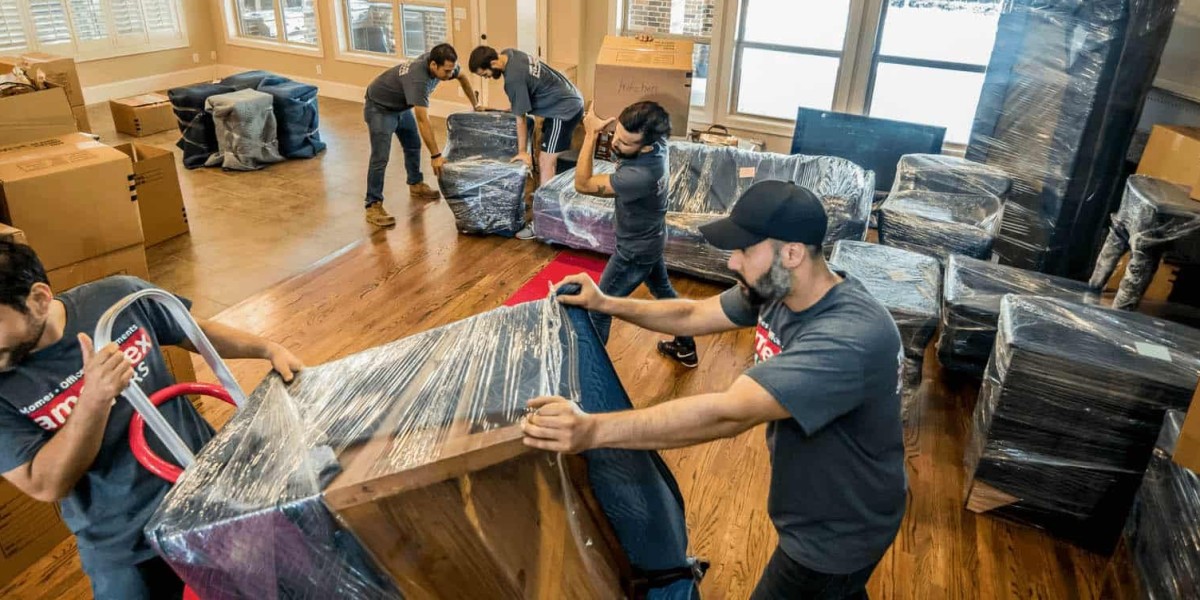Sleep apnea is a serious condition that can affect your health, energy levels, and overall quality of life. If you’re waking up feeling tired or experiencing disrupted sleep, it may be time to seek help from a sleep apnea dentist. In McKinney, TX, specialized dentists offer non-invasive and effective solutions to manage sleep apnea, helping you achieve restful nights and improved well-being.
What is Sleep Apnea?
Sleep apnea is a sleep disorder characterized by repeated interruptions in breathing during sleep. These pauses, called apneas, can last from a few seconds to minutes and may occur dozens of times per hour. There are three main types:
- Obstructive Sleep Apnea (OSA): Caused by the relaxation of throat muscles, leading to airway blockage.
- Central Sleep Apnea: Caused by the brain's failure to send proper signals to the muscles that control breathing.
- Complex Sleep Apnea Syndrome: A combination of obstructive and central sleep apnea.
Dentists specializing in sleep apnea primarily focus on treating Obstructive Sleep Apnea (OSA) through oral appliance therapy.
Symptoms of Sleep Apnea
Common signs of sleep apnea include:
- Loud snoring.
- Gasping for air during sleep.
- Excessive daytime fatigue.
- Morning headaches.
- Difficulty concentrating.
- Dry mouth or sore throat upon waking.
- Restless sleep or insomnia.
If you experience these symptoms, consult a sleep apnea dentist for an evaluation and treatment options.
How Can Dentists Help with Sleep Apnea?
Sleep apnea dentists in McKinney, TX, offer innovative and Oral Appliances non-invasive solutions to manage obstructive sleep apnea. These treatments focus on improving airflow and reducing airway blockages during sleep.
1. Oral Appliance Therapy (OAT)
An oral appliance is a custom-made device worn during sleep that repositions the jaw and tongue to keep the airway open.
- Comfortable and Convenient: Lightweight and easy to use.
- Effective for Mild to Moderate OSA: Helps reduce snoring and apneas.
- Custom Fit: Tailored to your mouth for maximum comfort and effectiveness.
2. Collaboration with Sleep Specialists
Sleep apnea dentists often work closely with sleep physicians to ensure a comprehensive diagnosis and treatment plan.
3. Support for CPAP Intolerance
If you find continuous positive airway pressure (CPAP) machines uncomfortable or intolerable, a dental appliance can be an effective alternative.
Benefits of Seeking Treatment for Sleep Apnea
Addressing sleep apnea can significantly improve your quality of life. Benefits include:
- Better Sleep: Wake up feeling refreshed and energized.
- Improved Health: Reduced risk of serious health issues like heart disease, stroke, and high blood pressure.
- Enhanced Focus: Alleviate daytime fatigue and improve mental clarity.
- Relationship Harmony: Minimize disruptive snoring that affects your partner’s sleep.
The Process of Treating Sleep Apnea with a Dentist
Initial Consultation:
The dentist evaluates your symptoms, medical history, and sleep study results (if available).Impressions and Measurements:
If an oral appliance is recommended, the dentist takes detailed impressions of your teeth and jaw to create a custom-fit device.Fitting and Adjustments:
Once the appliance is ready, the dentist ensures it fits comfortably and makes any necessary adjustments.Follow-Up Care:
Regular checkups are scheduled to monitor your progress and ensure the appliance remains effective.
Why Choose a Sleep Apnea Dentist in McKinney, TX?
McKinney, TX, is home to highly skilled sleep apnea dentists who combine advanced technology and Bone Grafting personalized care to provide effective treatments. Here’s why you should consider a local dentist for your sleep apnea needs:
- Expertise in Oral Appliance Therapy: Specialized training to treat obstructive sleep apnea.
- Comprehensive Care: Collaboration with sleep specialists for accurate diagnosis and treatment.
- Modern Technology: Use of advanced techniques and equipment for precise treatment.
- Patient-Centric Approach: A focus on comfort and personalized solutions.
What to Look for in a Sleep Apnea Dentist
When choosing a sleep apnea dentist, consider the following:
- Experience: Look for a dentist with expertise in sleep apnea treatment and oral appliance therapy.
- Credentials: Check for certifications in dental sleep medicine from organizations like the American Academy of Dental Sleep Medicine (AADSM).
- Patient Reviews: Read testimonials to learn about other patients’ experiences.
- Communication: Choose a dentist who listens to your concerns and explains treatment options clearly.
Cost of Sleep Apnea Treatment in McKinney, TX
The cost of sleep apnea treatment depends on factors like the type of oral appliance, the complexity of your condition, and insurance coverage. On average:
- Custom oral appliances range from $1,800 to $2,500.
- Many dental insurance plans and medical insurance policies cover part of the cost.
Check with your provider to understand your coverage and discuss financing options with your dentist.
The Connection Between Sleep Apnea and Overall Health
Untreated sleep apnea can lead to serious health complications, including:
- Cardiovascular Problems: Increased risk of heart attack, stroke, and hypertension.
- Diabetes: Sleep apnea is associated with insulin resistance and type 2 diabetes.
- Mental Health Issues: Chronic fatigue can contribute to depression and anxiety.
- Accidents: Daytime drowsiness increases the risk of car accidents and workplace injuries.
By seeking treatment from a sleep apnea dentist, you can reduce these risks and improve your overall health.
FAQs About Sleep Apnea Dentists
1. Do I need a referral to see a sleep apnea dentist?
No, you can schedule a consultation directly with a sleep apnea dentist. However, they may work with your primary care physician or sleep specialist for a coordinated treatment plan.
2. How long does it take to get an oral appliance?
It typically takes 2–4 weeks to create and fit a custom oral appliance.
3. Is oral appliance therapy effective for severe sleep apnea?
Oral appliances are most effective for mild to moderate obstructive sleep apnea. For severe cases, a CPAP machine or combination therapy may be recommended.
4. How do I care for my oral appliance?
Clean your appliance daily with a soft toothbrush and mild soap. Avoid using abrasive cleaners or hot water.
Conclusion
Sleep apnea doesn’t have to disrupt your life or health. With the help of a sleep apnea dentist in McKinney, TX, you can find effective, non-invasive solutions to improve your sleep and Root Canals overall well-being. Whether you’re seeking relief from snoring or addressing more severe symptoms, the right dentist can provide personalized care to help you breathe easier and sleep better.
Don’t let sleep apnea hold you back. Schedule a consultation with a trusted sleep apnea dentist in McKinney, TX, today and take the first step toward better sleep and a healthier life!









